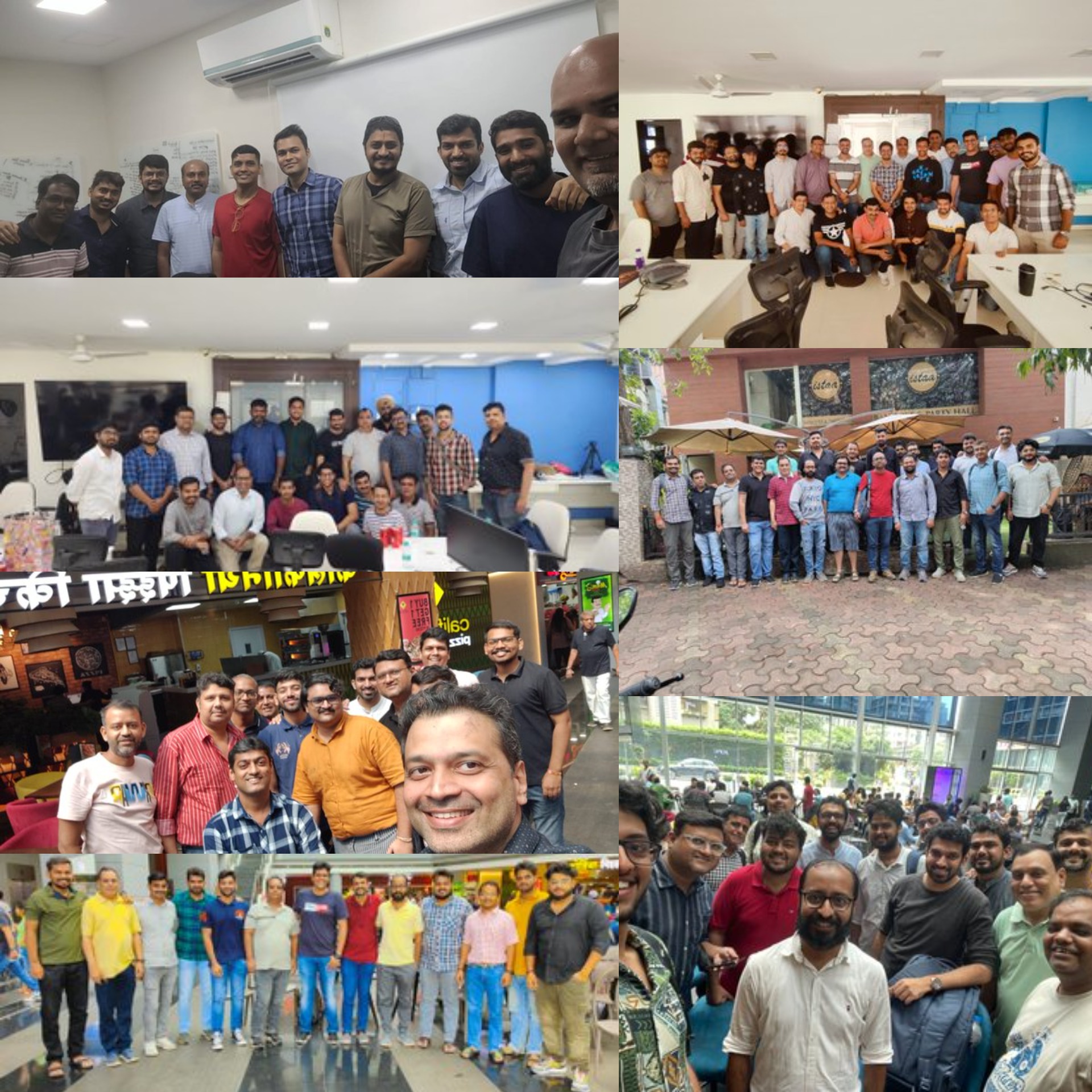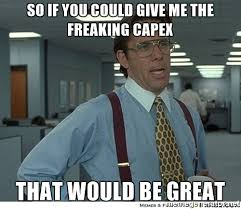September 24, 2023
6 mins
Trading careers often fall short of their potential not from lack of capital or skills, but because traders struggle to maintain energy and drive while managing daily life pressures.
Burnout becomes the most critical—yet overlooked—challenge that traders must manage over time.
Most traders pursue trading for freedom—whether it's financial, time, location, or the power to say no to unwanted work. Though the stock market's glitter initially attracts many people, it takes true dedication to appreciate trading as a craft and understand how it transforms both mindset and life. Throughout this journey, I've watched many promising traders either give up entirely or trade so inconsistently that they remain stuck in mediocrity.As a full-time working professional, time management has consistently been my biggest trading challenge.
The only nobility in this business is to make money. Every other benefit—whether time flexibility or psychological—is meaningful only if we're profitable in our trading.
My trading intensity normally tends to decline during extended market lulls or when my capital is fully invested in longer-term positions, leaving me in a passive waiting mode. Thus, I've found value in taking regular profits—even at the cost of potentially higher returns—to maintain an active, steadily rising equity curve and preserve trading momentum. This isn't about impatience or acting out of boredom. As an active trader, keeping the cash register ringing maintains a positive risk-taking mindset and drives me to put in more effort—particularly important given my limited time as a working professional.If I were to restart my trading career today and rebuild my skills from scratch, I would focus on quicker, high-frequency trades to sharpen my skills faster and maintain compounding momentum, rather than relying on the more passive longer-term approach.
Burnout typically sets in when the initial spark fades and trading becomes a mechanical chore. This is natural, since trading is inherently repetitive and procedure-driven.Creativity and innovation is more important than discipline in trading. You need creativity to discover unique low-risk setups, approach familiar trades in new ways, and develop alternative entry and exit techniques. (by @PradeepBonde).

Possibly the worst place to trade, is in an Echo Chamber
Creativity flows more naturally when you have a trading-conducive support system around you.
Those of us raised in close-knit Indian middle-class families deeply value our parents' validation and pride.During the COVID lockdown, being homebound gave me luxury of time with my family, especially with my father, who had retired from service just months earlier. One evening, as we sat in our living room sipping chai, I found the courage to share my trading journey and fears with him. What started as a casual conversation grew into daily sessions where I'd share my trading screens, methodologies, journals, and post analysis. Though traditionally skeptical of stock trading and more inclined toward traditional value investing and SIPs, my father immersed himself in understanding my trading world.
Then came that moment which has stayed with me - after three months of these sessions, he placed his hand on my shoulder, gave me that knowing smile that fathers reserve for their proudest moments, and simply nodded. Since then, he proudly shares my Twitter posts and insights with his friends' WhatsApp groups, discussing my trading even more enthusiastically than my primary profession. This validation from someone whose approval I've sought throughout my life has become one of my strongest emotional anchors in trading.Whether it's your parents, spouse, children, siblings, or a friend—having a personal cheerleader on this journey is an incredible motivator.
While the trading community has its fair share of scammers and fresh out-of-adolescence gurus offering surface level gyan, having a good mentor can significantly accelerate your learning curve and reveal perspectives you hadn't considered before. If the teacher is not capable of taking the class without preparation, don’t attend. Trading mentors should teach only what they've learned organically through first-hand experience and genuine curiosity, not through theoretical rote.
For me, it was @iManasArora , who challenged me to think deeply during our long one-on-one sessions and gave me tools to craft my own solutions rather than simply handing them to me. Although both of us now trade very differently, I credit him with much of my initial foundation and look up to him with gratitude.
Trading can be a solitary profession, with long hours spent alone facing screens while processing emotions, frustrations, and triumphs in isolation. Having a non-judgmental confidant—someone with whom you can share ideas, vent frustrations, explore new perspectives, dive deep into analysis, and discuss your learnings—has been transformative in my trading journey.
I have been fortunate to have @swing_ka_sultan in my life, watching him grow tremendously as both a trader and teacher over the last few years while showing remarkable self-awareness and integrity. Though I've not been able to meet him in person—he still uses the same profile picture he did five years ago—I trust him with the most personal details of my life. This is what trading does: it strips away pretences and masks, revealing a person's core and creating pure, stronger connections.
Additionally, having good communities (not WhatsApp/Telegram groups) around you that share first-hand practical trading applications and knowledge is a great resource. We initiated the trader meets specifically for this purpose where we could have unfiltered discussions and strengthen our learning through peer questioning.

Even with all the external support systems you build in your life, trading still demands its own physical and creative outlets. Despite all the pleasure and joy I get from trading, life would be very dull if I were restricted to this alone. Writing these posts helps get my creative juices flowing for post-trade analysis and developing new trading methods. I write to trade better. Another great energy booster has been an intense hour of squash—I hit the ball harder on stop-loss days :)
In the business of capital markets, YOU are the capex. If you're able to get that capex right and maintain it well, the working capital scales up easily and quickly.

Copyright © 2024 Trade TM | All Rights Reserved | Terms and Conditions | Privacy Policy